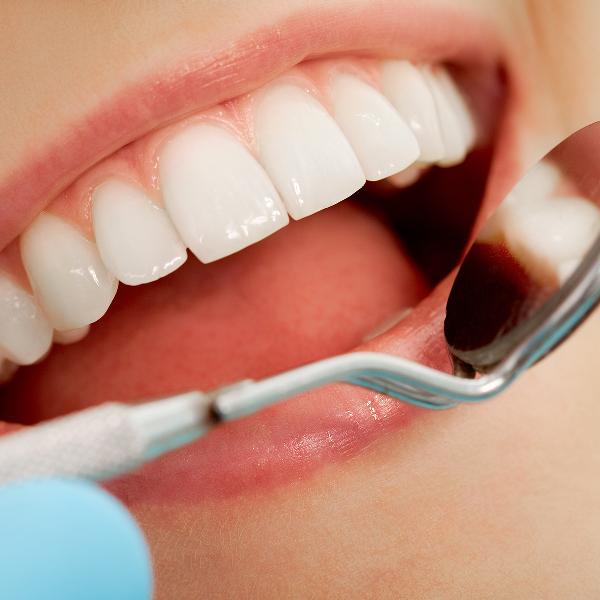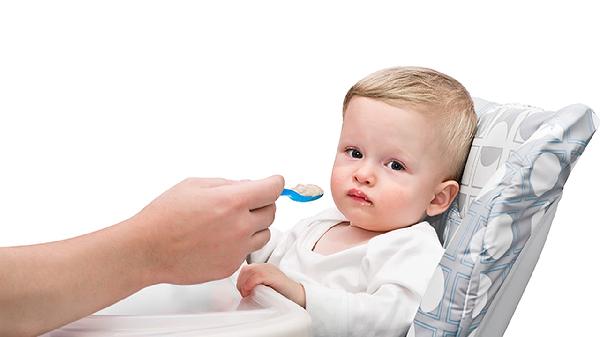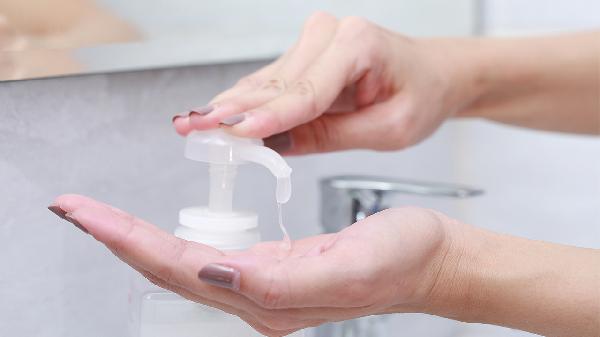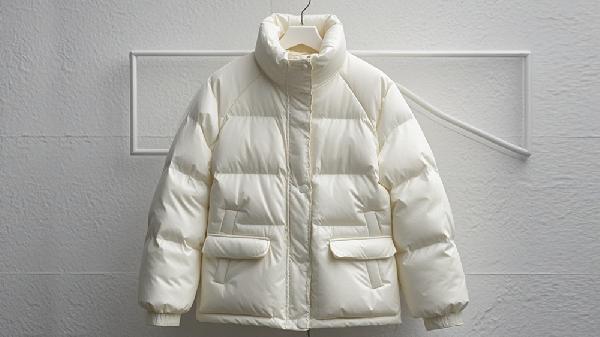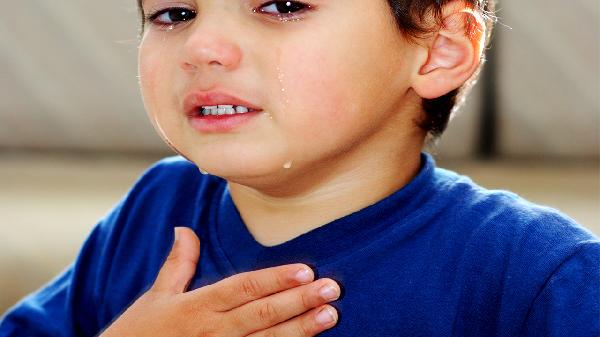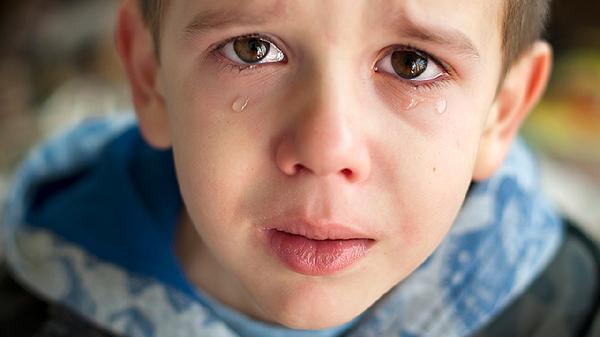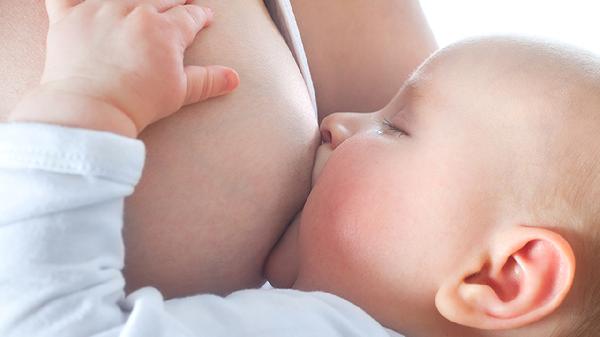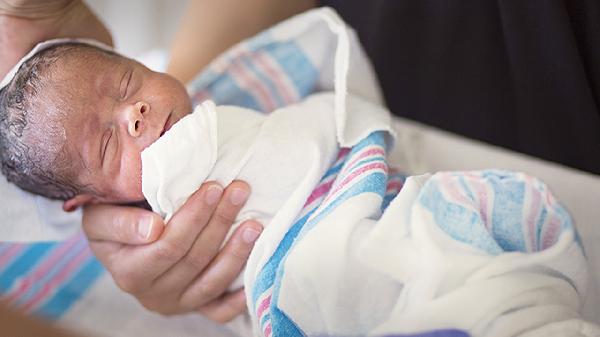Mom & Baby
Teething Troubles: Mastering Your Baby's Tender Gum Phase
Mothers should adopt proper breastfeeding posture, relieve baby's gum discomfort, and choose quiet feeding spots to prevent nipple bites. For bitten nipples, use less affected breast, apply breast milk, take breaks, and use nipple cream for recovery. Prompt treatment ensures effective breastfeeding and baby's nutrition.
Essential Tips for Soothing Your Baby’s Teething Pain
Babies' teething timing varies, often linked to genetics. Late teething is normal; discomfort symptoms include drooling, chewing, and irritability. Provide harder foods, teething toys, and proper oral care to ease discomfort and promote healthy tooth development. Adjust diet based on teeth count for optimal nutrition.
Is Your Baby Spitting Up or Vomiting? Here's How to Tell the Difference
Spitting up, common in infants, is mild reflux often linked to burping or overeating, generally harmless. Vomiting, forceful expulsion of stomach contents, can stem from infections or reflux, requiring attention if severe. Tips include feeding on demand, proper burping, and ensuring hydration.
Must-Have Baby Skincare Products Every Mom Should Know About
Baby skin is delicate with higher pH and thinner layers, requiring gentle, non-irritating products. Avoid adult skincare, prioritize simple, moisturizing formulas, and test for allergies. Use baby-specific shampoos, soaps, and sunscreens; avoid powders unless necessary. Opt for natural massage oils and UV protection year-round.
Essential Tips for Washing Baby Clothes Every Mom Should Know
Parents should use child-specific detergents, wash kids' clothes separately by type, hand-wash, disinfect, and rinse thoroughly. Store clothes in clean, dry, dedicated cabinets, and rewash long-stored items.
Is It Safe for Babies to Sleep on Their Stomach? Experts Weigh In
Stomach sleeping can comfort babies, improve sleep, and reduce choking risks but raises suffocation concerns, especially for infants unable to roll over. Supervision is crucial; back sleeping is safest for young babies. Once babies can roll independently, stomach sleeping becomes safer with proper precautions.
Pacifier Pro Tips: Calm Your Baby’s Nighttime Cries Effortlessly!
Baby’s nighttime crying is often due to discomfort, health issues, or security needs. Parents can soothe by holding, massaging, or using a safe pacifier, ensuring the baby sleeps peacefully.
4 Easy Tips to Manage Excessive Baby Drool in No Time
Babies start drooling around 4 months, signaling growth. Excessive drooling requires care to prevent skin irritation. Tips include wiping drool promptly, moisturizing skin, using drool bibs, and offering teething toys. Proper care ensures comfort as drooling diminishes by age 1.
Why Your Baby's Crying Speaks Volumes – Understand the Reasons Now!
Babies cry due to physiological needs (hunger, discomfort, sleepiness), pathological issues (abdominal pain, respiratory blockages), or emotional distress. Understanding these reasons helps parents address needs effectively, ensuring healthy development with patience and care.
Timing Mistakes in Nursing Could Harm Your Baby’s Health
Breastfeeding offers essential nutrients and immunity benefits for babies, but certain times are unsuitable, like after bathing, eating oily/spicy foods, being angry, or exercising. Such instances can affect milk quality, causing digestive issues or discomfort. Mothers should wait, express initial milk, or consult doctors when on medication to ensure optimal milk quality for baby's health.
